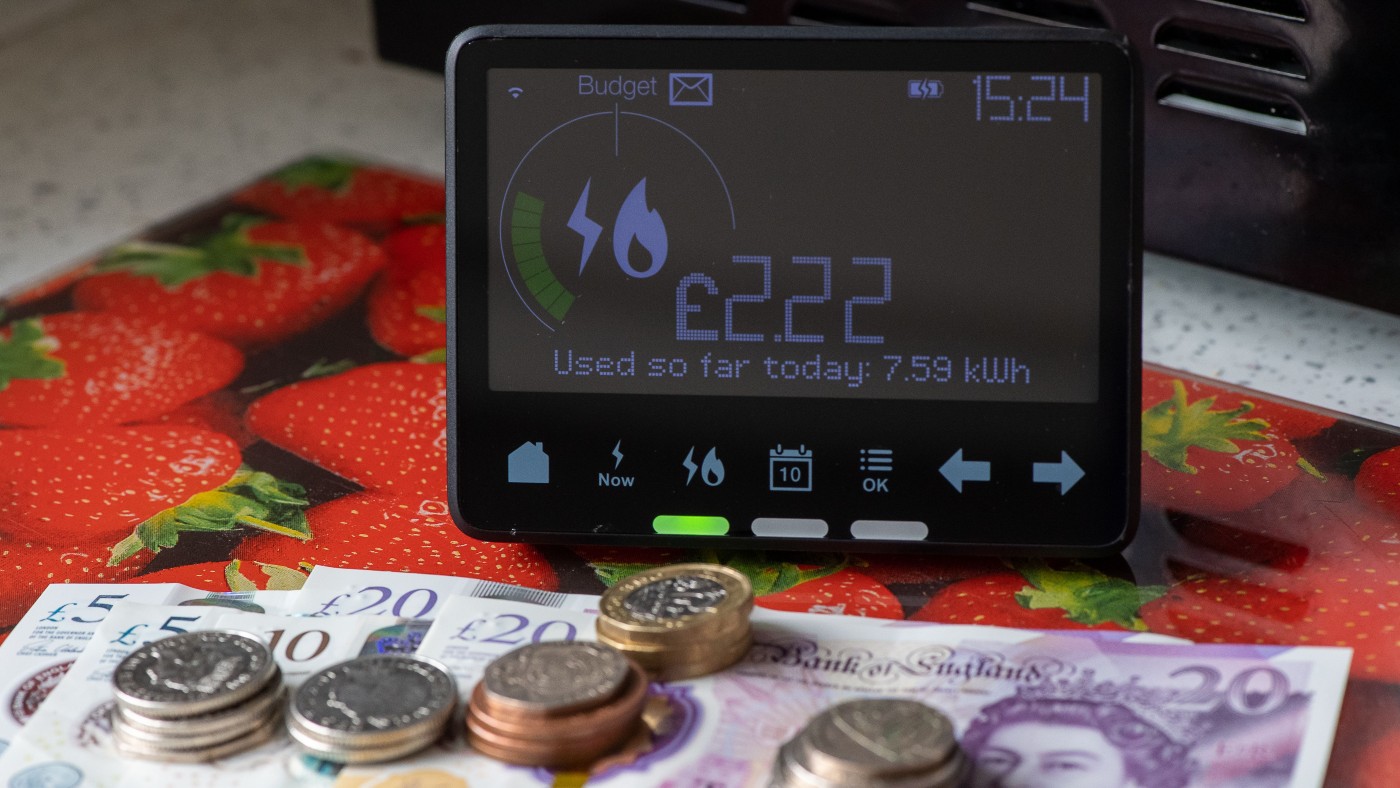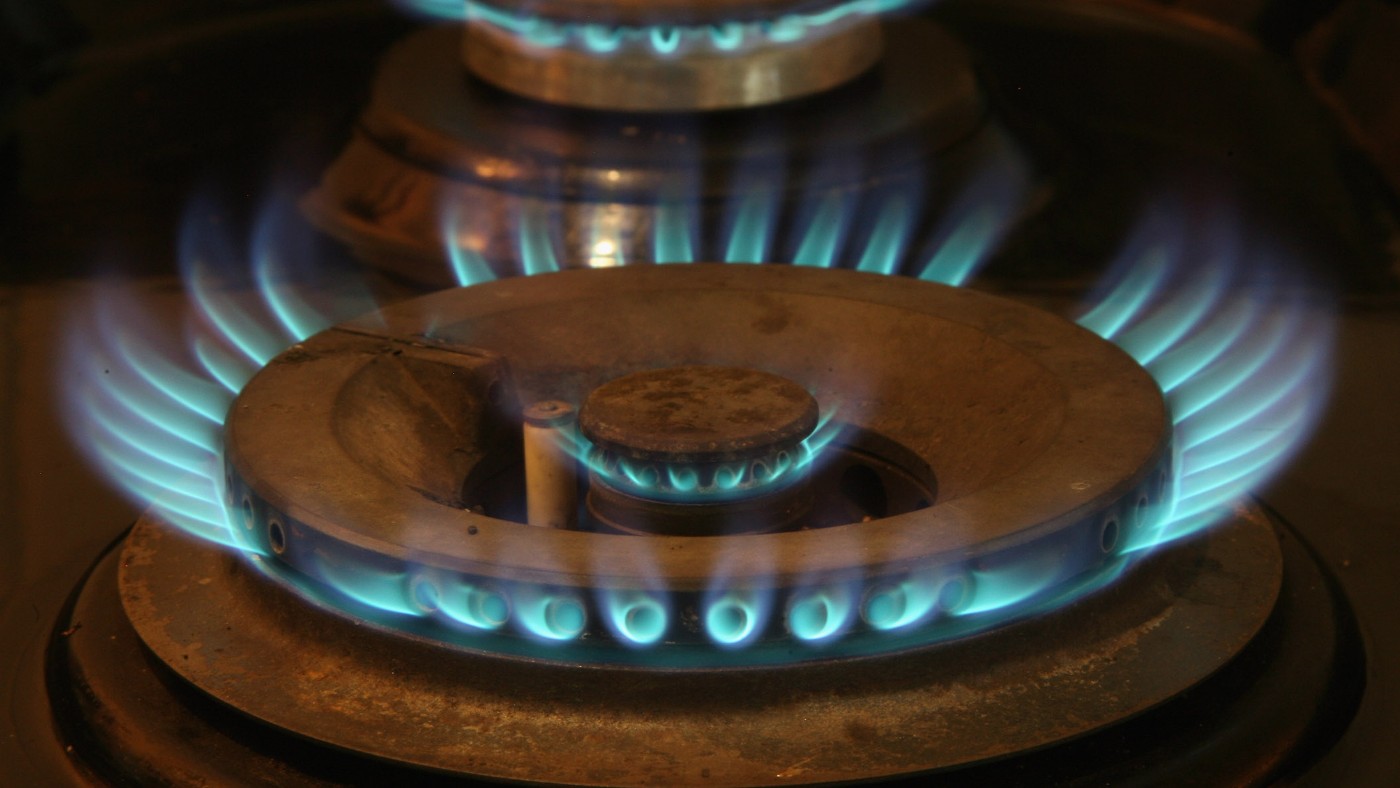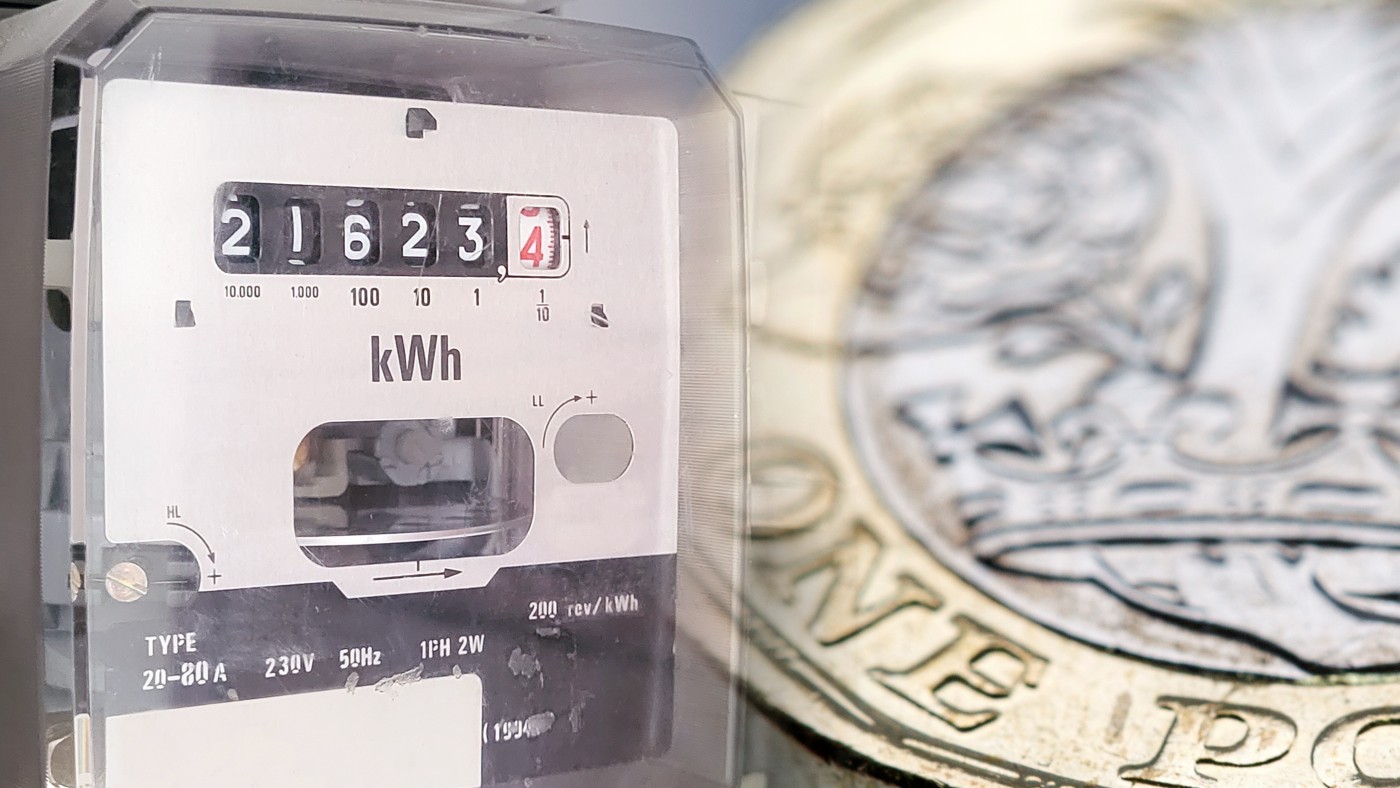The household bills going up and down after April changes
Essentials including water and broadband are costing even more but national living wage increase may ease some of the pain

A free daily email with the biggest news stories of the day – and the best features from TheWeek.com
You are now subscribed
Your newsletter sign-up was successful
Millions of households are facing steep bill hikes from this month as companies "take it in turn to hit consumers with price rises", said The Telegraph.
As the new financial year begins, "it's not just your council tax which is rising", the paper said. But it's not all bad news, with the energy price cap falling and the national living wage rising.
Which bills are going up?
The TV licence fee has gone up by 6.6% to £169.50 from 1 April, as a two-year price freeze ends. NHS dental fees have risen by 4%, and road tax has increased by about £10 for most cars registered after April 2017. "Even stamps will rise by 10p" as of today, said The Independent.
The Week
Escape your echo chamber. Get the facts behind the news, plus analysis from multiple perspectives.

Sign up for The Week's Free Newsletters
From our morning news briefing to a weekly Good News Newsletter, get the best of The Week delivered directly to your inbox.
From our morning news briefing to a weekly Good News Newsletter, get the best of The Week delivered directly to your inbox.
Council tax for an average Band D property in a typical local authority is rising by 5%, up from £2,065 to £2,168. And the hike could be as high as 21% in parts of Wales.
Water bills in England and Wales are also increasing, by an average of 6.2%, or £28 a year, meaning an annual bill of £445 will rise to £473, according to industry body Water UK.
Most broadband deals and mobile phone contracts rose by 7.9% on 1 April, a hike described by consumer group Which? as "completely unacceptable". The average consumer will now pay around £27.19 more a year for broadband and £24.23 for mobile phones.
Which bills are going down?
The energy price cap is set to fall to its lowest level since March 2022, before the "full-scale invasion of Ukraine led to a jump in gas prices", said The Guardian.
A free daily email with the biggest news stories of the day – and the best features from TheWeek.com
Under the new price cap, average bills will fall by 12% from £1,928 to £1,690 a year for a typical household that uses gas and electricity and pays by direct debit.
In more good news, the minimum wage increased from yesterday from £10.42 to £11.44 an hour, an uplift that is expected to benefit about 2.5 million people, with full-time workers forecast to receive an extra £1,800 over the year.
So who will be better or worse off?
The rise in the statutory national living wage is "welcome news for low-paid workers", the Living Wage Foundation told the Big Issue in October. But it falls short of the real living wage, which is "the only rate that is independently calculated based on the cost of living".
And living costs could climb even more quickly, as "some businesses say the higher labour costs will make it harder for them to keep prices down", said the BBC.
Afzal Rahman, a policy officer for the Trades Union Congress, told Al Jazeera that the "bigger picture" is that average pay packets have flat-lined in real terms over the past 15 years by failing to keep up with consumer prices, so the wage rise is from a meagre starting point.
The lower energy cap also has to be viewed in relative terms. It is still "far higher" than the £1,138 cap in the summer of 2021, before the energy crisis "escalated", said The Guardian. The i news site said that households with extremely low usage could actually see bills increase, because of higher "standing charges".
Chas Newkey-Burden has been part of The Week Digital team for more than a decade and a journalist for 25 years, starting out on the irreverent football weekly 90 Minutes, before moving to lifestyle magazines Loaded and Attitude. He was a columnist for The Big Issue and landed a world exclusive with David Beckham that became the weekly magazine’s bestselling issue. He now writes regularly for The Guardian, The Telegraph, The Independent, Metro, FourFourTwo and the i new site. He is also the author of a number of non-fiction books.
-
 Political cartoons for February 7
Political cartoons for February 7Cartoons Saturday’s political cartoons include an earthquake warning, Washington Post Mortem, and more
-
 5 cinematic cartoons about Bezos betting big on 'Melania'
5 cinematic cartoons about Bezos betting big on 'Melania'Cartoons Artists take on a girlboss, a fetching newspaper, and more
-
 The fall of the generals: China’s military purge
The fall of the generals: China’s military purgeIn the Spotlight Xi Jinping’s extraordinary removal of senior general proves that no-one is safe from anti-corruption drive that has investigated millions
-
 Clean energy tax credits are going away. Here's how to get them before it's too late.
Clean energy tax credits are going away. Here's how to get them before it's too late.The Explainer Trump's recently passed megabill promises the early demise of clean energy tax credits
-
 Student loan wage garnishment: how it works and how you can stop it
Student loan wage garnishment: how it works and how you can stop itThe Explainer Your loan servicer may seize your wages if you fail to make payments on your student debt
-
 Will you owe taxes on your year-end bonus?
Will you owe taxes on your year-end bonus?The Explainer Since your bonus counts as supplemental wages, it can be subject to different federal withholding rules
-
 Energy prices set to rise in October – how to reduce your gas and electricity bill
Energy prices set to rise in October – how to reduce your gas and electricity billThe Explainer With the price cap expected to rise before this winter, what is the best way to prepare, and lower costs?
-
 What is a home energy audit and when is it worth getting one?
What is a home energy audit and when is it worth getting one?The Explainer This evaluation of your home's efficiency can pinpoint where exactly it's wasting energy
-
 Should the Ofgem energy price cap be scrapped?
Should the Ofgem energy price cap be scrapped?Today's Big Question Poorer households may end up paying more this winter despite cap being lowered from October
-
 Cost of living: will fall in energy price cap make a difference?
Cost of living: will fall in energy price cap make a difference?In Depth Limit on what providers can charge falls but consumers are warned they will see ‘little relief’
-
 What is the cheapest way to cook?
What is the cheapest way to cook?feature Air fryers, microwaves and slow cookers can all save you money over conventional ovens